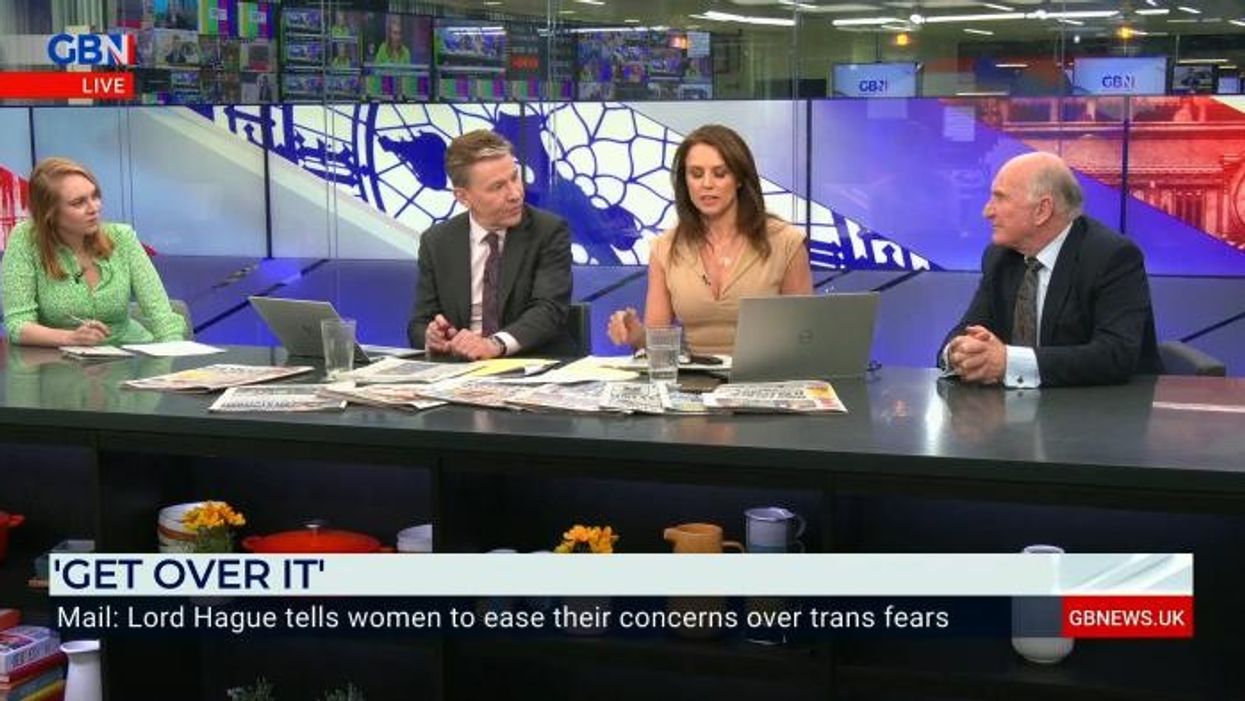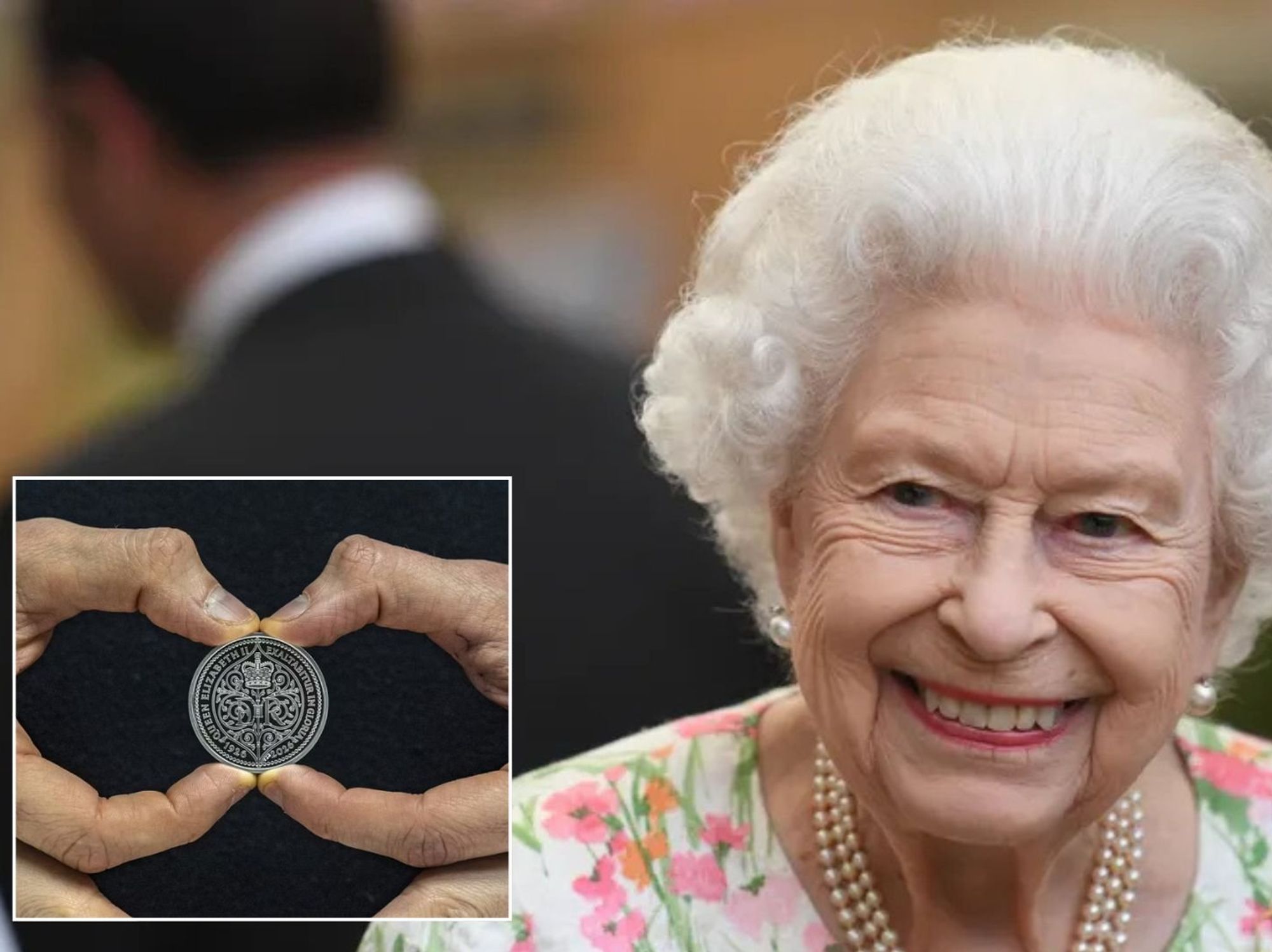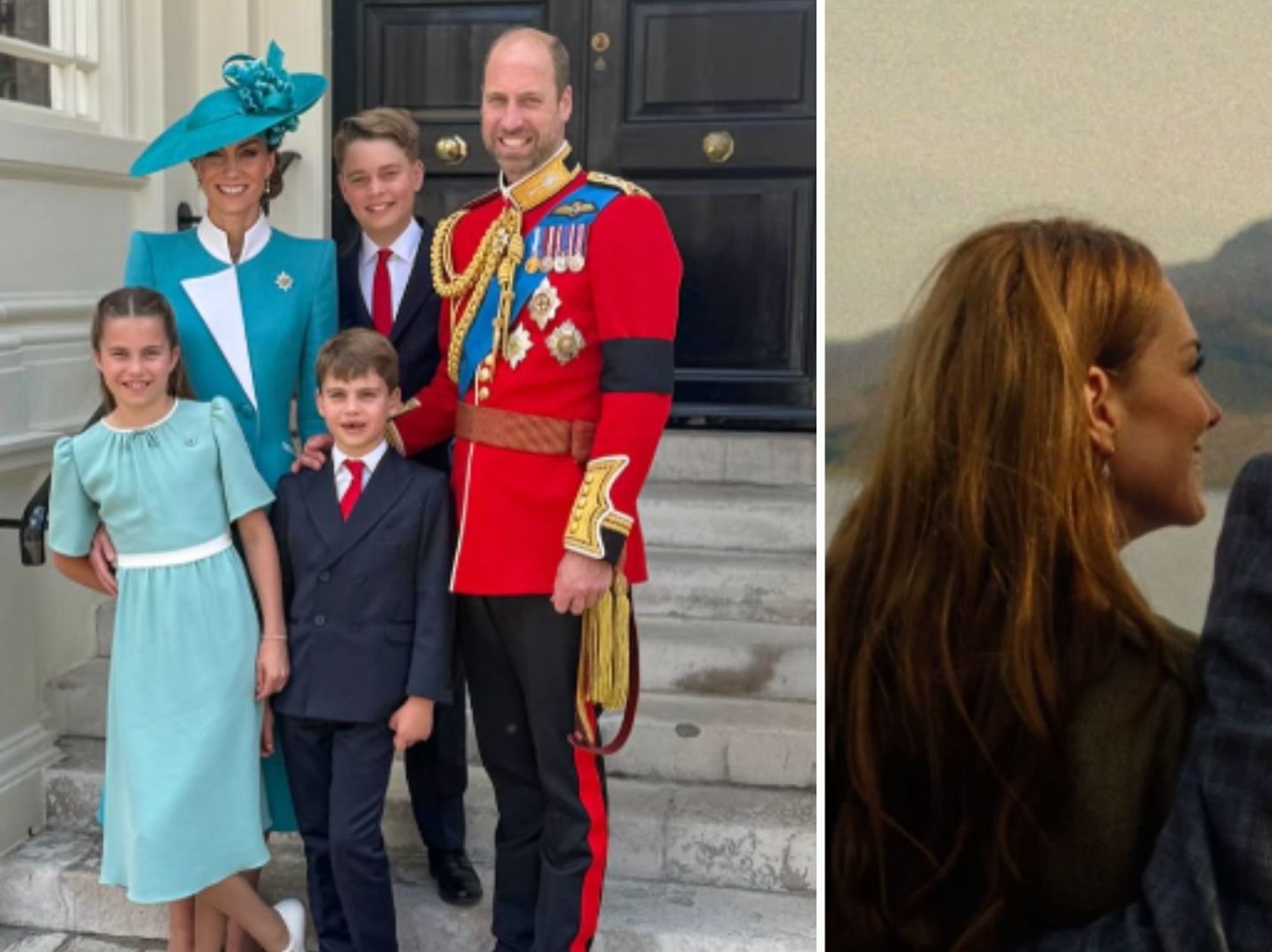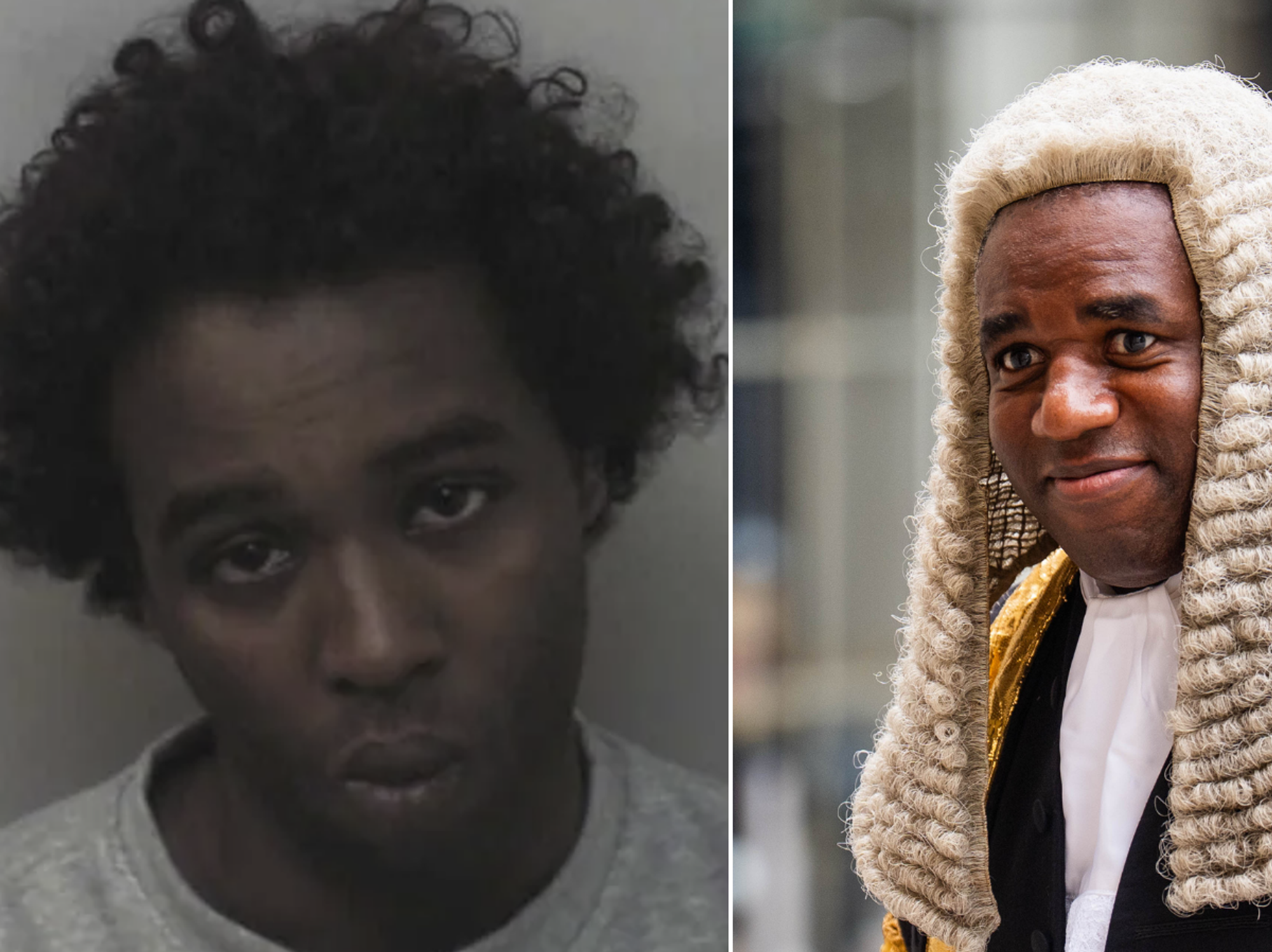I had my own brush with transgenderism at a netball club. There are important lessons for organisations to learn from it, says Bev Turner

The current row within the Women's Institute made me think about my previous experiences
Don't Miss
Most Read
The Women’s Institute is more readily associated with the simmering of soup than internal tensions.
But a breakaway faction of the organisation that has called itself the "Women’s Institute Declaration" is challenging the 108-year-old organisation’s proud acceptance that transgender women are allowed to “participate in any WI activities in the same way as any other woman.”
And it reminded me of my own brush with transgenderism in an all-female environment on the netball court about five years ago.
But before we get to that, let's first look at exactly what’s causing such a stir at the organisation made famous in recent years through the movie based on a true story, Calendar Girls, in which 12 members took part in a naked photoshoot to raise money for breast cancer.
The WI Declaration claims that the WI’s, “Equality, Diversity and Inclusion Policy is damaging the WI’s reputation and ability to campaign on women’s issues”.
In the 1920s they ensured women were appointed as jurors and increased female police officer numbers; equal pay was their focus as far back as the 1940s. They were demanding more midwives before the NHS begun its slow decent and were unafraid of calling for a better understanding of HIV and AIDS in the 1980s.
In fact, they’ve been oddly ahead of the curve on many issues, inspiring the “Keep Britain Tidy” initiative (1950s); their anti-smoking in public and pro-cervical- smear campaigns (1960s) whilst at the same time shouting about plastic pollution well before David Attenborough was anywhere near a turtle with a plastic bag.
So when the WI seize a cause, we should listen. The WI Declaration Team would claim that is precisely their aim in attacking the WI’s “poor drafting of policies and poor advice from advisers” which they say, “is harmful to women as a whole.”
But Melissa Green, its chief executive, claims it is not broken and does not need fixing, “We are very proud of this policy, and how inclusive and supportive WI members are. We know transgender women have been welcomed to WIs for many years, some sources say as far back as the 1970s.”
I have vehemently argued that male-born trans-women should not be allowed to compete in women’s sports and I have grave concerns about the manipulation of vulnerable young people at the hands of profiteering drugs companies and unethical surgeons.
But I am struggling to imagine a scenario in which an adult trans-woman would be problematic at the WI unless they’re engaged in a remake of Calendar Girls, in which case a cherry bun might be replaced by a prize marrow.
But back to netball - which is actually the name of the initiative started by England Netball with an ambition to get women back into the sport that so many of us loved at school.
It’s been a huge success with estimates of 658,000 women now playing every week across the UK. At one of my practise sessions five years ago, the coach got the assembled women together after the match and explained that she had been approached by a trans-woman who wanted to come and play. Would we mind, she said, if Jennifer attended the following week?
Obviously, we being British women in our 30s and 40s, the first thing we did was giggle like school-children and someone warned the referee to be careful about shouting, “Lost balls!” if they bounced out of court.
But we all shrugged, “Of course she’s welcome,” and didn’t think anything of it. This was social netball. It was great exercise but it wasn’t competitive. There were no medals at stake. Nobody felt under threat. Nobody felt the need to claim the sport’s hall as a ‘female-only’ space on a Friday morning at 10am.
The following week all 6’2” of Jennifer arrived in a white t-shirt, black skirt and light brown hair pulled back in a ponytail. She didn’t know the rules so we explained certain aspects of the game and worked hard to make sure she felt included. She was literally flushed with the thrill of being part of such a traditionally female pastime.
Nervous at first, she warmed up, relaxed and left the court breathless with exertion but also excitement, “I have wanted,” she said, beaming between gasps, “To do that my whole life.”
She never came back. Maybe she decided that she’d given it a go and that was enough.
We women have wonderful clubs, societies and pastimes that I imagine are extremely appealing to a biological male transitioning into life as female.
If jam and Jerusalem is your idea of fun, you probably can’t wait to rock up to your local WI in a pinny and a pair of court shoes to throw your weight behind the upcoming tombola. And where’s the harm in that?
The origin of this current public spat lies squarely at the feet of the aggressive trans-activists whose methods have caused hate, division and even violence. The way we netballers reacted a few years ago is how most people reacted before the transactivists viciously targeted national female treasures such as J.K. Rowling and hailing swimmer Lia Thomas as a hero. The inevitable backlash has reverberated all the way to the WI.
I grew up in Manchester where a local shop, Transformation, was dedicated to serving the needs of biological males with large feet and 40 inch chests who liked wearing stilettos and cocktail dresses.
Thousands of people drove past every day knowing exactly who it served but barely batting an eyelid. This was when being a "cross-dresser" was not political, but personal. I’m delighted to say that it is still standing nearly thirty years later offering a kind and sensitive service according to the testimonies on its website.
Sir William Hague waded into the WI issue, rather indelicately claiming that the WI should “get over” any reluctance to admit male-born trans-women. There was a time when they would. But that time has gone and somehow we need to get back to a fair playing field – or at least a netball court.











